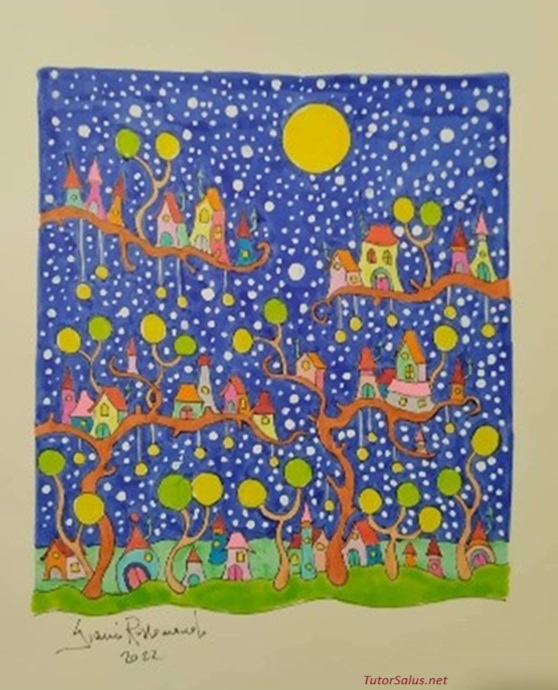yes or no.

Annoying, irritating, or beneficial ? Welcome is the wind that moves the salt pane system. In the picture : a detail from the ‘Saline dello Stagnone’, Marsala (Trapani).
To benefit from one’s calling [1] / 36.
“… from a descriptive point of view there are two types of unconscious, while from a dynamic point of view there is only one. …The distinction between conscious and unconscious is ultimately a problem of perception, which must be answered simply with a yes or no; and the act of perception as such, tells us nothing about the reason why something is perceived or not perceived.”[2]
Little to do has one’s perceptual memory with conscious memory: however is the perceptive memory – the one we happen we don’t understand the origin, even when we find it in a night dream – which indicates to us a gap between ‘removed’ and ‘unrealized’. The first in fact as an indispensable raw material, the second as a hallucination.[3]
In short, the economic question arises – as identified first and foremost by Freud - as to whether what I pick up comes in help of me or not : where it is precisely the representation of ‘help’ which we bring to the Court of thinking, whether we admit or not.
Marina Bilotta Membretti / Cernusco sul Naviglio – July 21, 2024
[1] www.tutorsalus.net/index.php/en/pensare-da-partner-2/358-psychoanalyst-and-profession-1
[2] Cited from : ‘L’Io e l’Es’, S. Freud 1922 in OSF Bollati Boringhieri (2020) Vol. 9 pp.478-479
[3] “In this regard hallucination immediately comes to mind, and the fact that the most vivid memory is still distinguished from hallucination, as well as from external perception.” in ‘L’Io e l’Es’, by S. Freud 1922 in OSF Bollati Boringhieri (2020) Vol. 9 p. 483




